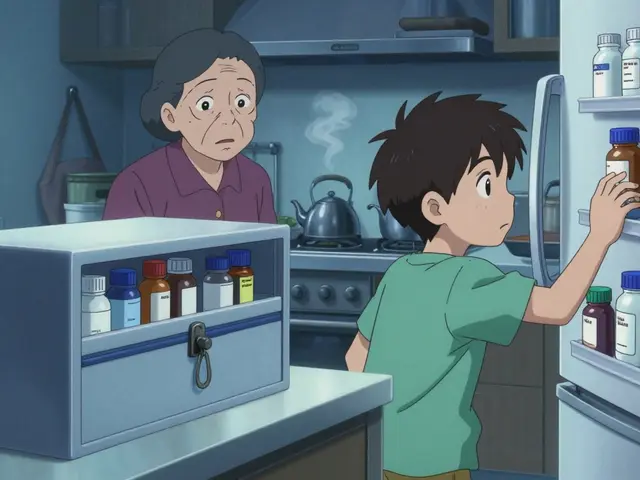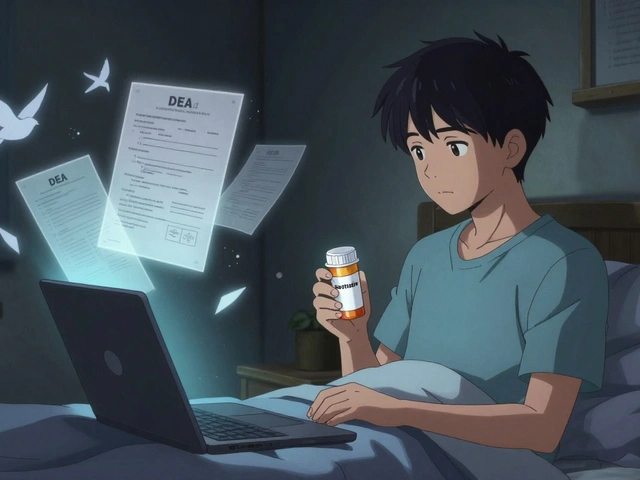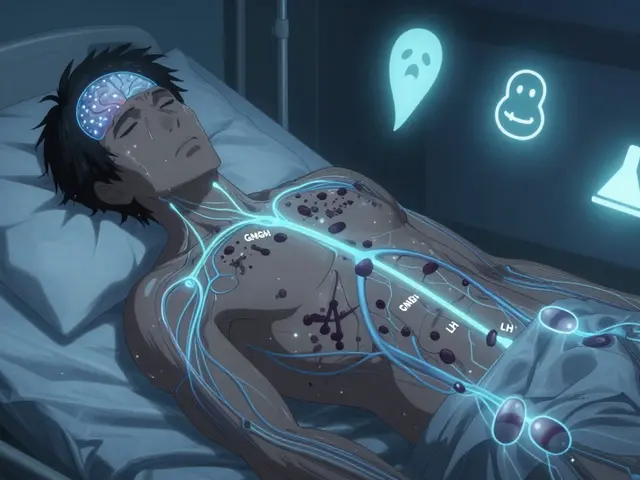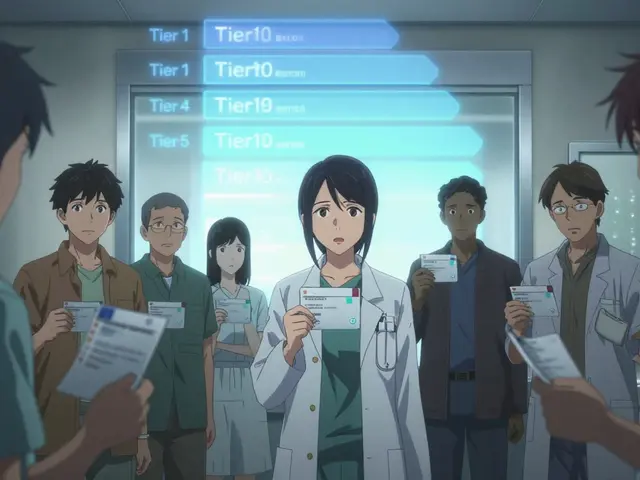Low Libido – Why It Happens and How to Boost Your Desire
Feeling less interested in sex lately? You’re not alone. Low libido can creep in for many reasons, and the good news is there are concrete steps you can take right now to turn things around. Below we break down the most common triggers and give you practical, easy‑to‑follow tips that actually work.
Common Triggers of Low Libido
First, pinpoint what might be pulling your desire down. Stress is a big one – long work hours, family pressure, or financial worries keep the brain in “fight‑or‑flight” mode, and that shuts down sexual interest. Hormonal shifts matter too: low testosterone in men, reduced estrogen during menopause, or thyroid imbalances can all dull the spark.
Medications are another hidden culprit. Antidepressants, certain blood pressure pills, and even some allergy drugs can lower libido as a side effect. If you’ve started a new prescription and notice a dip, talk to your doctor about alternatives or dosage tweaks.
Lifestyle habits add up. Poor sleep, a diet high in processed foods, and lack of exercise sap energy and hormone production. Alcohol and nicotine can also interfere with blood flow and nerve signaling, making intimacy less appealing.
Effective Ways to Raise Your Sex Drive
Now that you know the usual suspects, let’s look at real‑world actions. Start with a sleep upgrade – aim for 7‑9 hours of quality rest. Simple moves like dimming lights an hour before bed and cutting screen time can improve hormone balance overnight.
Eat for desire. Foods rich in zinc (oysters, pumpkin seeds), omega‑3s (salmon, walnuts), and antioxidants (berries, leafy greens) support hormone health and blood flow. Cut back on sugary snacks and processed carbs that can cause energy crashes.
Move a little each day. Even a 20‑minute walk boosts circulation and releases endorphins, which help reduce stress and improve mood – both key for a healthy sex drive.
If stress is the main blocker, try quick relaxation tricks. Deep breathing, a short meditation, or a hobby you enjoy can lower cortisol levels, making your body more receptive to intimacy.
Supplements can give a gentle nudge. Over‑the‑counter options like L‑arginine, maca root, or ginseng have some evidence for supporting libido, but always check with a pharmacist or doctor first, especially if you’re on other meds.
For a medical approach, there are prescription options tailored to low libido. Men might consider low‑dose testosterone therapy after proper testing, while women often benefit from low‑dose estrogen patches or vaginal moisturizers during menopause. Drugs like Dapoxetine (used for premature ejaculation) and Sildenafil (for erectile dysfunction) are also listed on our site, showing how specific meds can address related issues.
Finally, communication is key. Talk openly with your partner about what feels good, what doesn’t, and any concerns you have. Removing the stigma and sharing expectations can relieve performance anxiety and rebuild intimacy.
Low libido isn’t a permanent sentence. By tackling stress, tweaking diet and sleep, adding safe supplements, and consulting a health professional when needed, you can reclaim a satisfying sex life. Start with one small change today and watch the difference it makes over the next few weeks.
How to Rekindle the Spark When Low Libido Hits (Evidence-Based Guide)
Practical, science-backed steps to bring back desire when libido dips. Clear scripts, a 7‑day reset, root causes, and UK-specific next steps.






